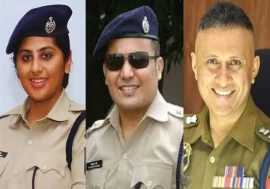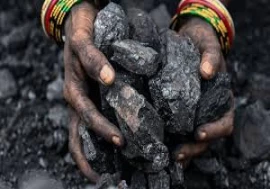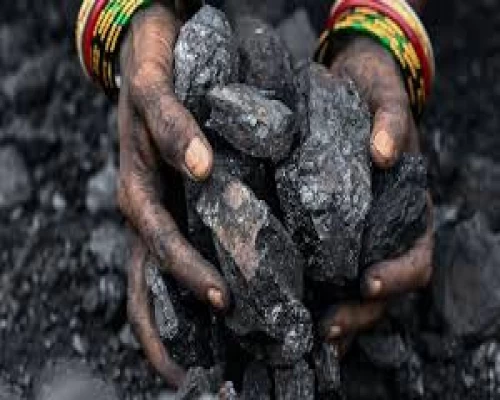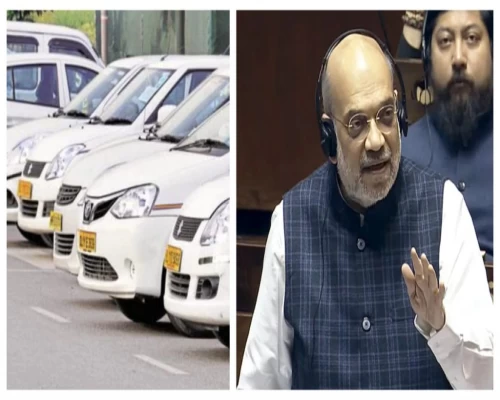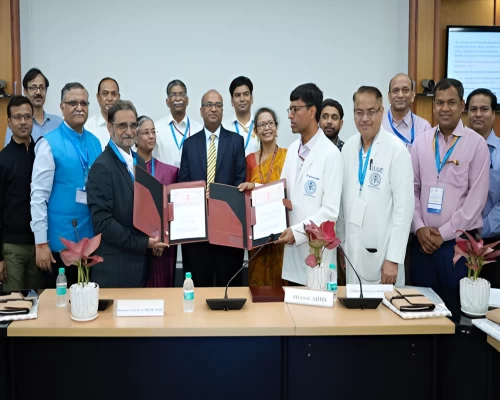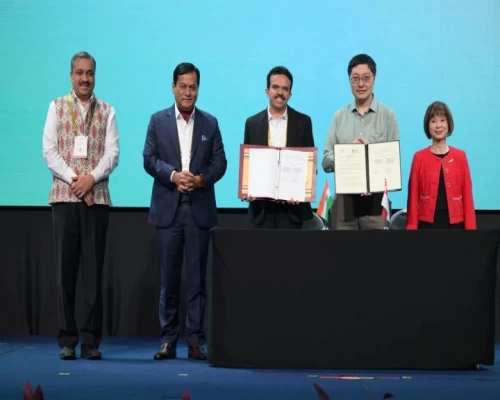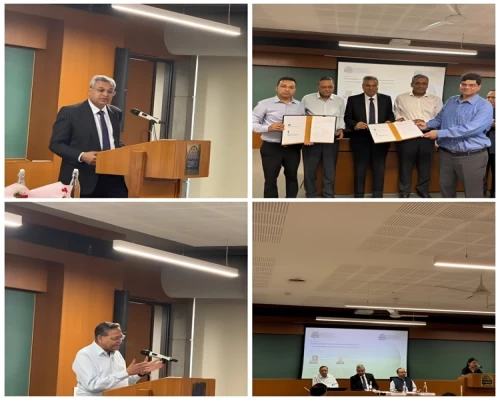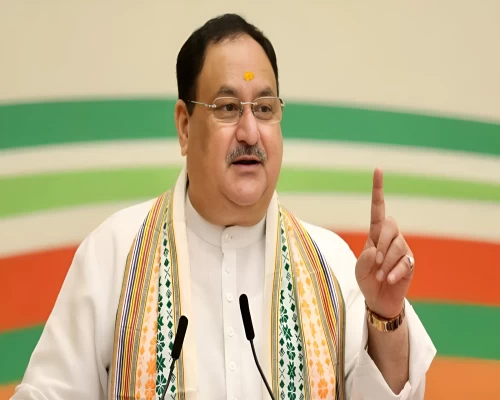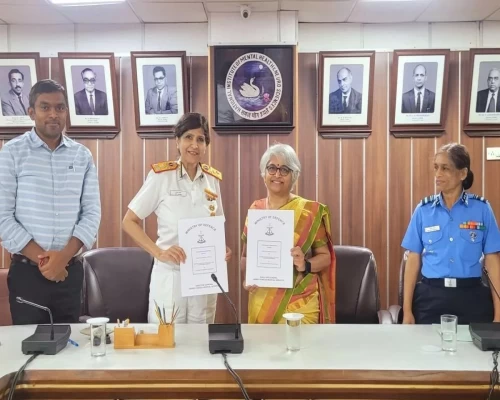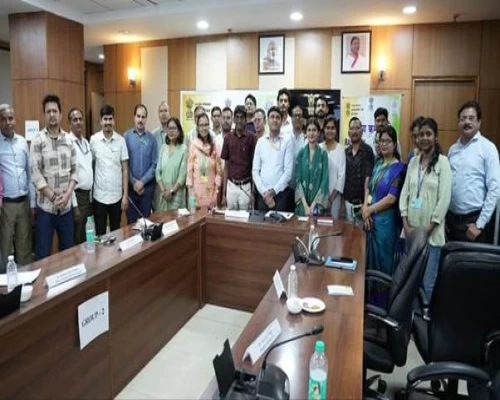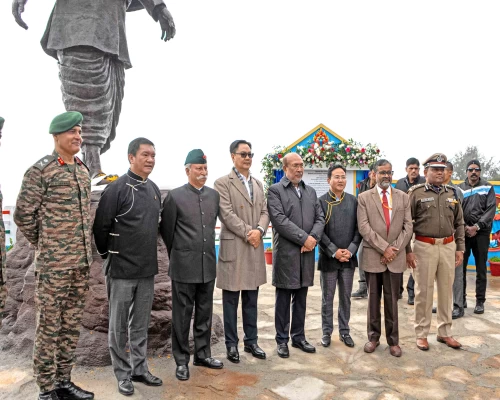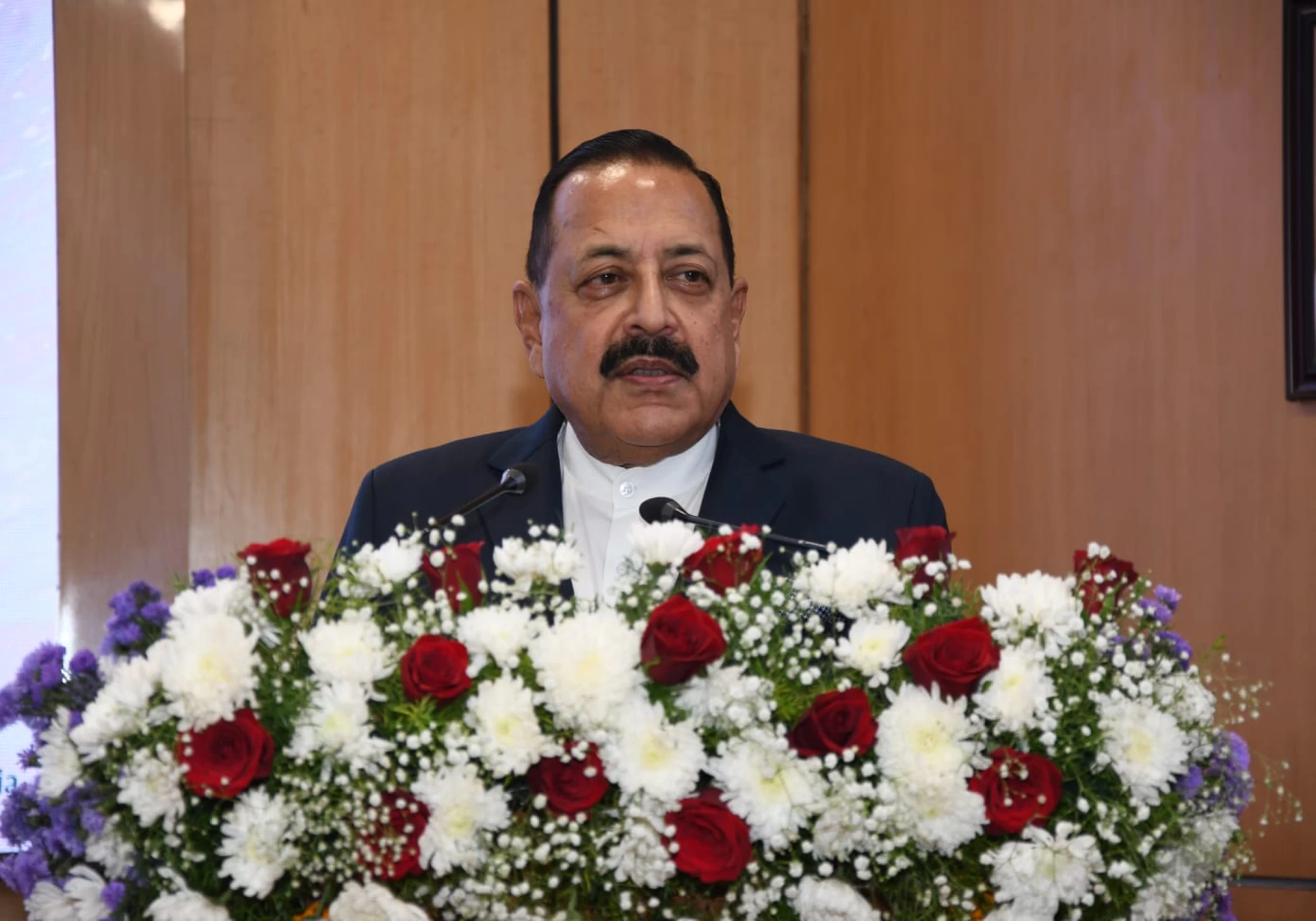
New Delhi: India’s advances in disaster preparedness and ocean exploration were highlighted by Union Minister of State for Science and Technology and Earth Sciences, Dr Jitendra Singh, during the commemoration of the 20th anniversary of the 2004 Indian Ocean Tsunami at the Indian National Centre for Ocean Information Services (INCOIS). The Minister remarked that India has become a global leader in disaster warning systems, extending its services to nations worldwide.
Reflecting on the tsunami that claimed over 230,000 lives globally, including 10,749 in India, Dr Jitendra Singh emphasised the transformative lessons it taught and the policies that emerged as a result. He credited the establishment of institutions like INCOIS to these lessons and highlighted the support it received post-2014 to develop into one of the most advanced institutes in the world.
The Minister praised Prime Minister Narendra Modi’s ocean initiatives, such as the Deep Sea Mission, which was announced during his Independence Day address. These initiatives have spurred quantum progress in ocean research and disaster preparedness, contributing to India's emergence as a leader in providing world-class disaster warning systems.
Dr Jitendra Singh also noted the collaboration between India and international organisations such as UNESCO through the Tsunami Ready Initiative, which has strengthened resilience in vulnerable coastal communities. He highlighted that 24 Indian communities have been recognised under this programme, demonstrating the success of a community-focused approach.
India’s Tsunami Early Warning System, recognised globally, was showcased as a key component of the nation’s disaster management infrastructure. The Minister underlined the need for integrating tsunami warnings with other ocean-related hazards into a comprehensive multi-hazard early warning system, ensuring preparedness for a wide range of potential disasters.
Looking ahead, Dr Jitendra Singh stressed the importance of ocean exploration in achieving India’s goal of becoming "Viksit Bharat". With its extensive coastline and rich marine resources, he advocated for sustainable exploration and conservation initiatives like BioE3. He also expressed optimism about India's concurrent advances in space and marine missions, sharing plans to deploy an Indian in the deep sea and another in space by 2026.
The Minister celebrated the synergy between science and policy, attributing the progress in oceanography and disaster preparedness to the government’s proactive support. INCOIS, which hosts a UNESCO Category 2 Training Centre, was lauded for its role in capacity building and knowledge sharing on ocean-based disaster management.
He concluded by reaffirming INCOIS’s integral contribution to India’s Vision 2047, stating that its work in exploring untapped resources and enhancing disaster readiness is central to building a self-reliant and resilient India.
The event, attended by Dr M. Ravi Chandran, Secretary, Ministry of Earth Sciences, and other eminent scientists and policymakers, marked two decades of achievements while setting a course for sustainable and holistic development.
BI Bureau


